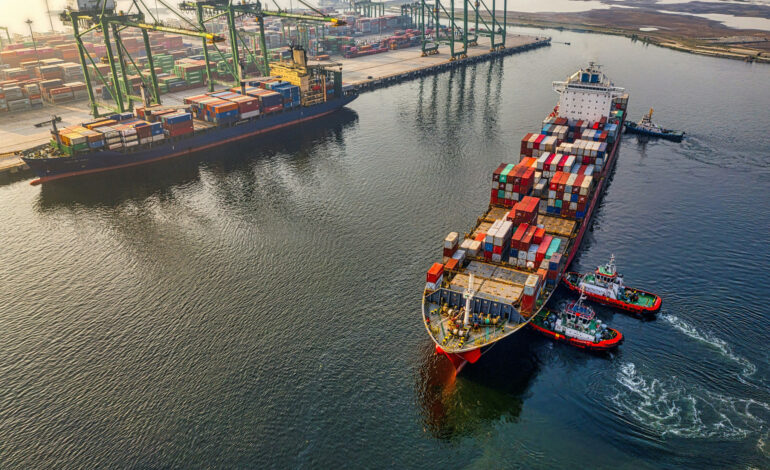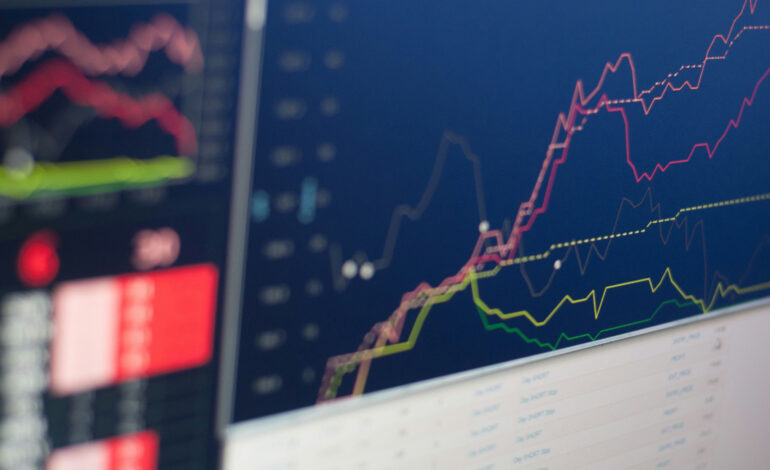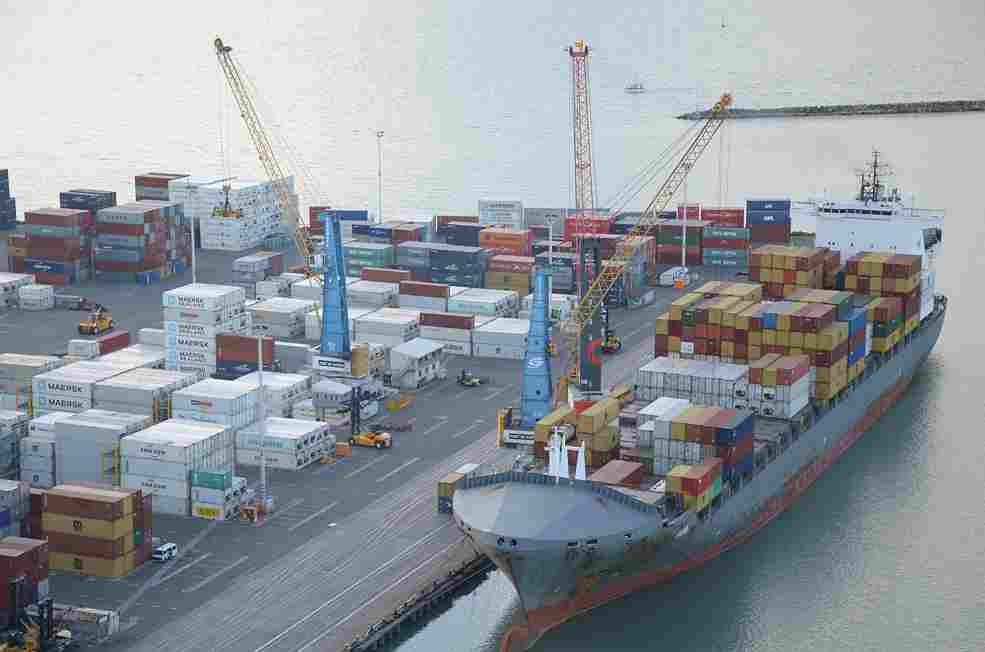
Bunker Fuel Industry Resilience Amidst Global Crises
Introduction: In the face of global crises, the bunker fuel industry stands as a resilient pillar of the maritime sector, adapting to challenges with unwavering determination and innovation. From economic downturns to geopolitical tensions and public health emergencies, the industry has weathered numerous storms, emerging stronger and more adaptable. This article delves into the resilience of the bunker fuel industry amidst global crises, highlighting its ability to navigate uncertainty and sustain operations in turbulent times.
- Economic Downturns and Market Volatility: Economic downturns and market volatility pose significant challenges to the bunker fuel industry, impacting demand, pricing, and profitability. During periods of economic uncertainty, such as the global financial crisis of 2008 and the COVID-19 pandemic, bunker fuel suppliers and operators face declining demand as shipping activity contracts. However, the industry has demonstrated resilience by implementing cost-cutting measures, optimizing operations, and diversifying revenue streams. By leveraging digitalization and data analytics, stakeholders can identify market trends, adjust pricing strategies, and optimize fuel procurement to mitigate the impact of economic downturns and maintain competitiveness.
- Geopolitical Tensions and Trade Disruptions: Geopolitical tensions and trade disruptions can disrupt global supply chains and impede the flow of bunker fuel, posing logistical challenges for suppliers and operators. Events such as trade wars, sanctions, and geopolitical conflicts can result in supply chain disruptions, port closures, and regulatory uncertainties. Despite these challenges, the bunker fuel industry has shown resilience by leveraging strategic partnerships, diversifying supply sources, and optimizing logistics. By establishing alternative bunkering hubs, developing contingency plans, and fostering collaboration with industry stakeholders, the industry can mitigate the impact of geopolitical tensions and ensure continuity of operations in the face of uncertainty.
- Public Health Emergencies and Environmental Regulations: Public health emergencies, such as the COVID-19 pandemic, have profound implications for the bunker fuel industry, affecting crew welfare, port operations, and regulatory compliance. The pandemic disrupted global shipping activity, leading to fluctuations in bunker fuel demand and pricing. However, the industry responded with agility and resilience, implementing health and safety protocols, adopting remote working arrangements, and leveraging digitalization to facilitate virtual transactions and communication. Additionally, stringent environmental regulations, such as the IMO 2020 sulfur cap, have spurred investment in cleaner fuels and emission reduction technologies, driving innovation and sustainability in the bunker fuel industry.
- Innovation and Adaptability: Throughout history, the bunker fuel industry has demonstrated a remarkable capacity for innovation and adaptability in the face of adversity. By embracing technology, fostering collaboration, and prioritizing sustainability, stakeholders have navigated global crises with resilience and determination. From digitalization and data analytics to alternative fuels and renewable energy sources, the industry continues to evolve and innovate, ensuring its resilience in an ever-changing world.
Conclusion: The bunker fuel industry’s resilience amidst global crises is a testament to its adaptability, innovation, and commitment to sustainability. By leveraging technology, fostering collaboration, and embracing change, stakeholders have navigated economic downturns, geopolitical tensions, and public health emergencies with resilience and determination. As the industry continues to evolve, its ability to anticipate and adapt to emerging challenges will be critical for sustaining operations and driving growth in the years to come.





